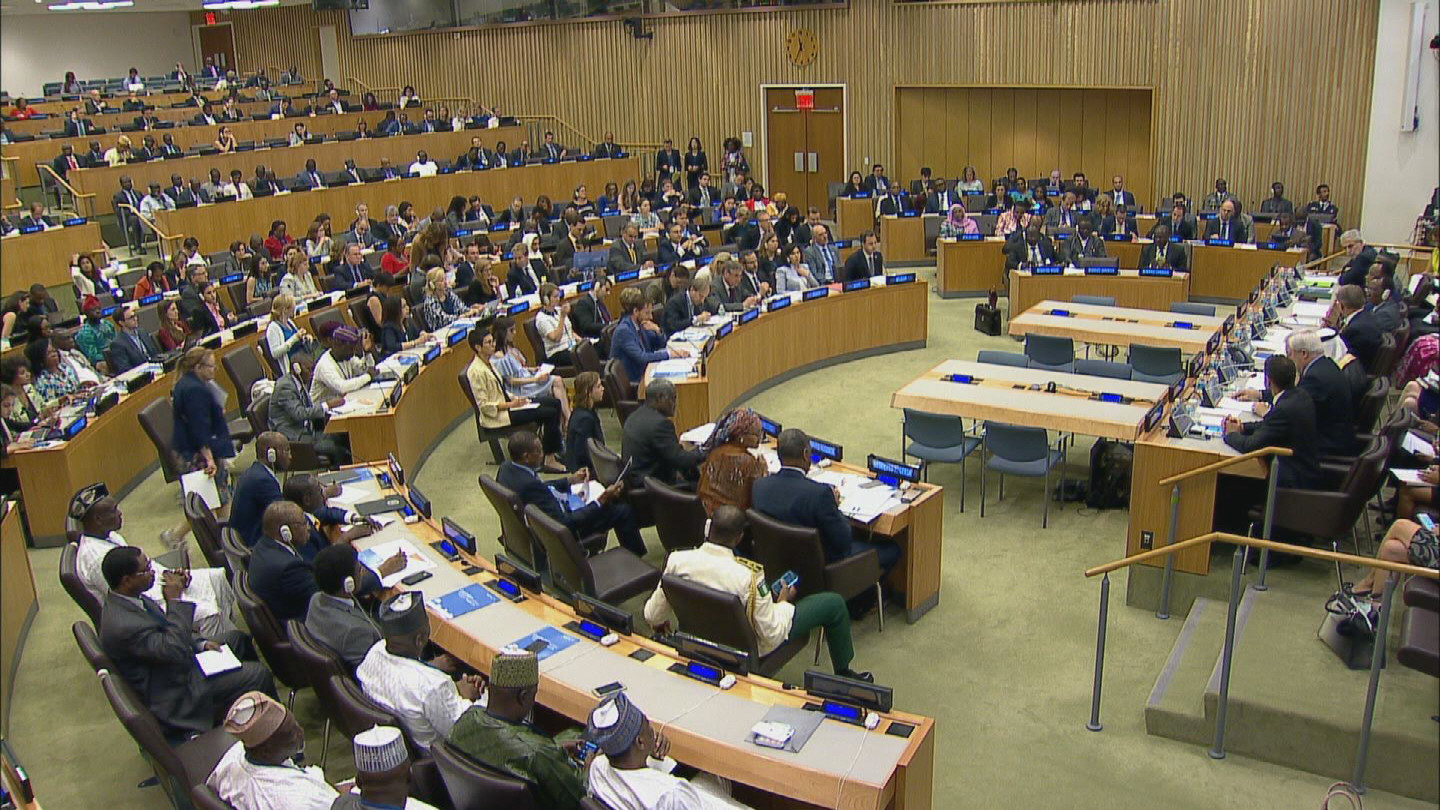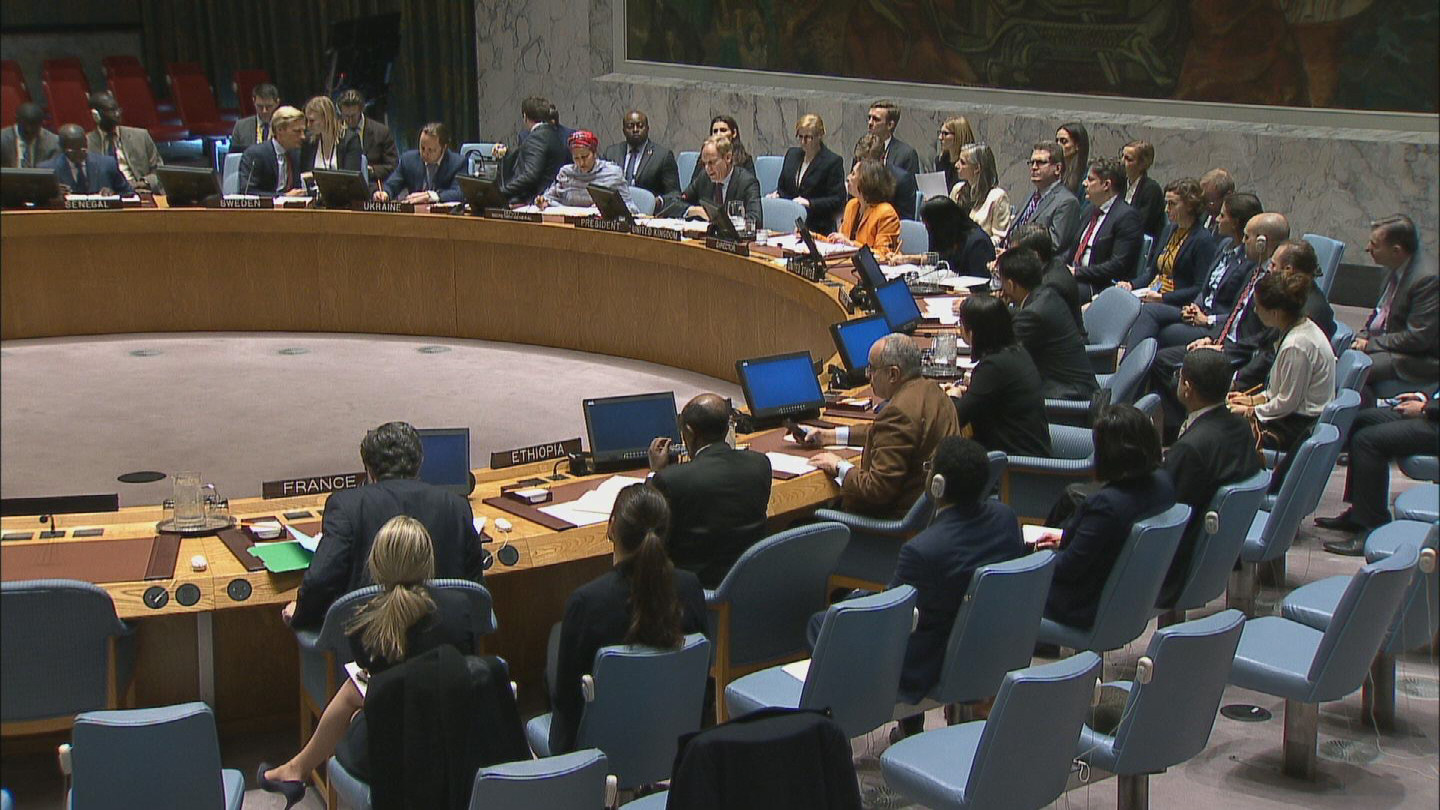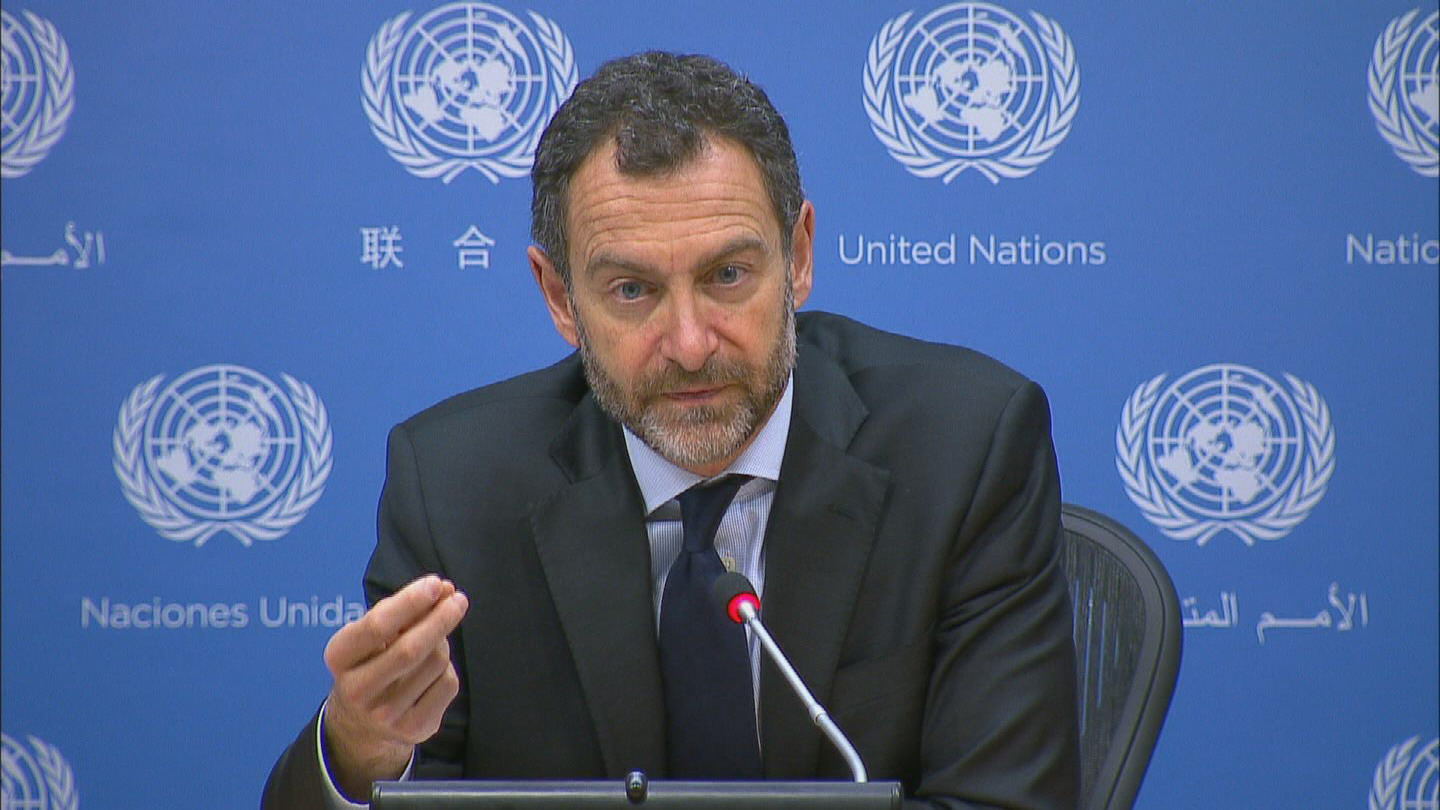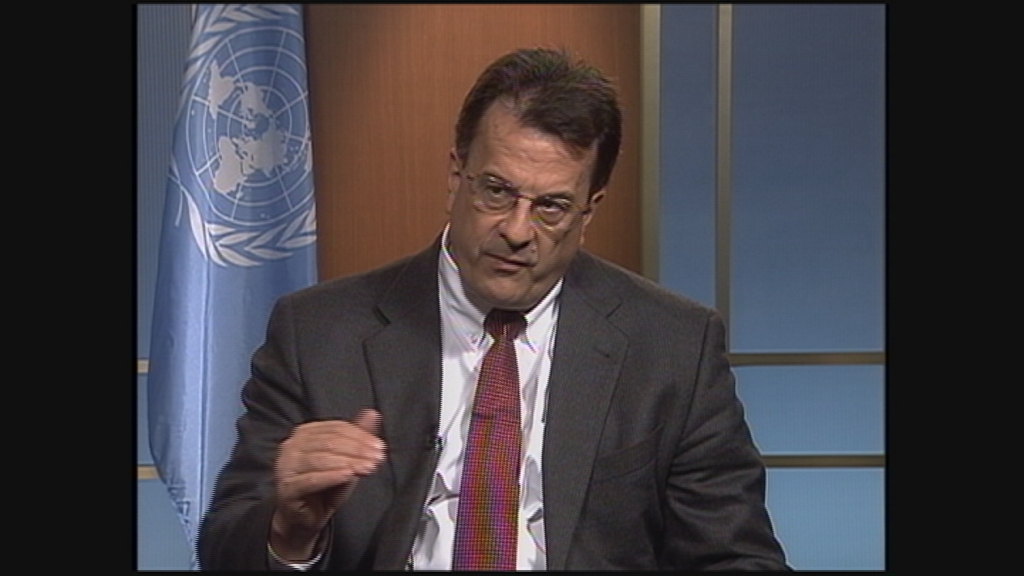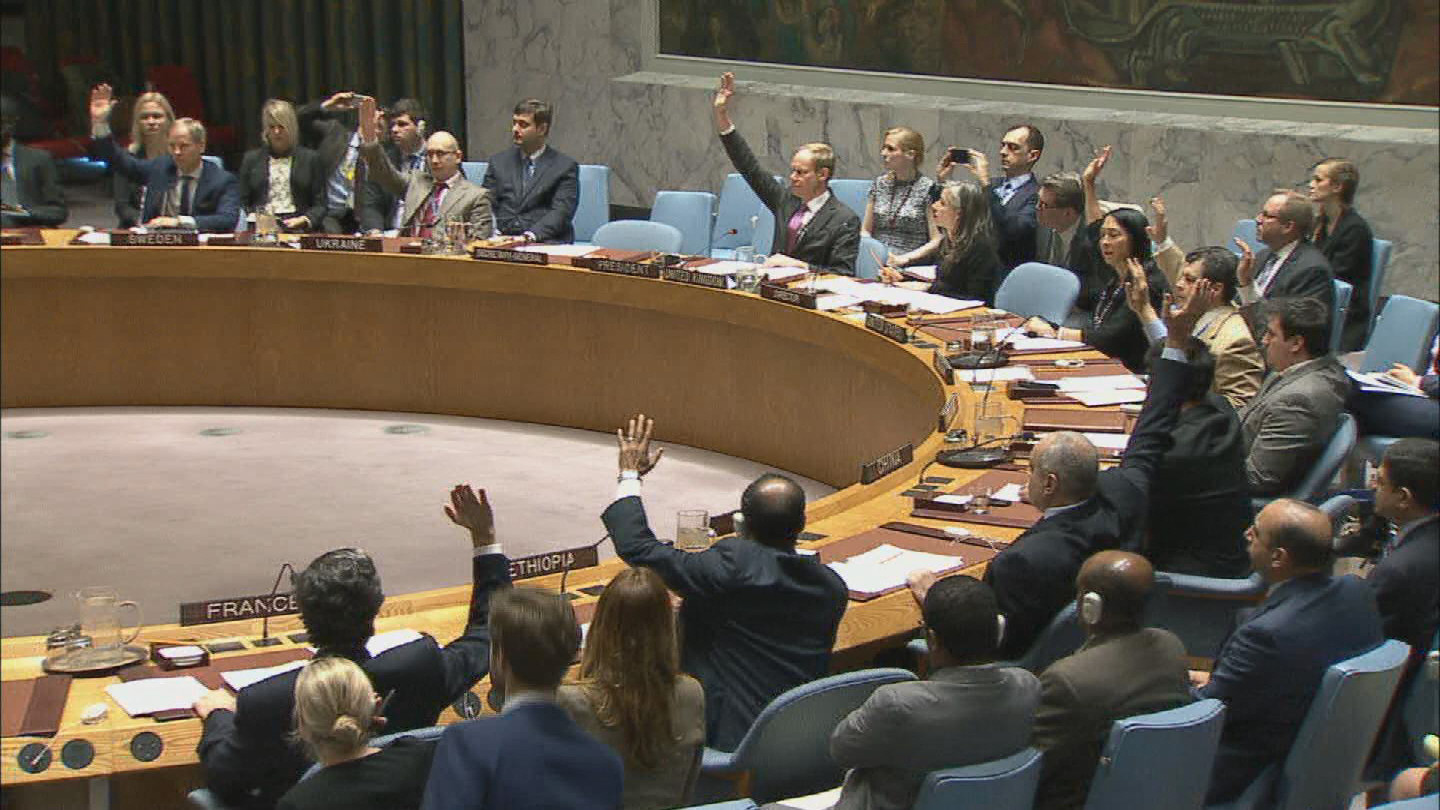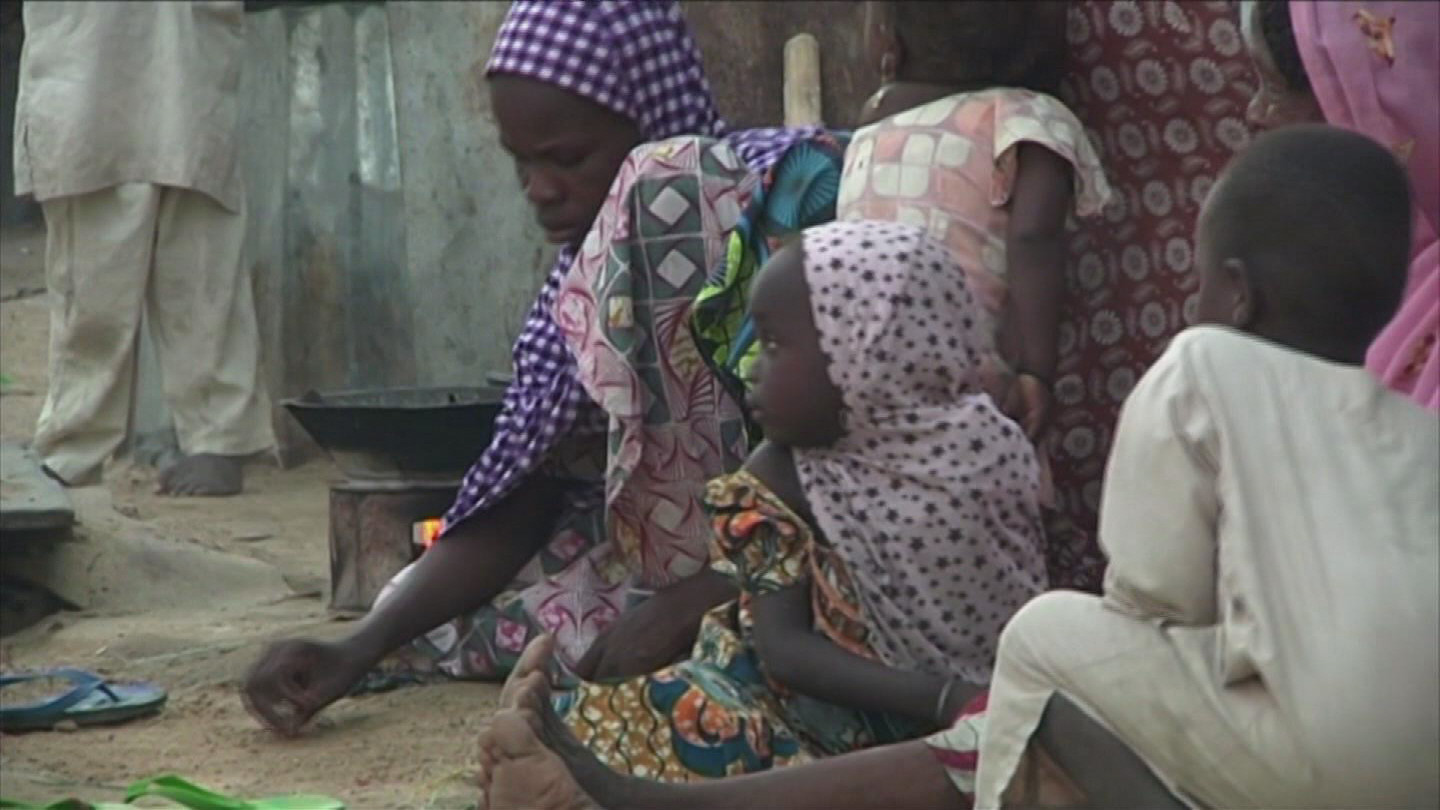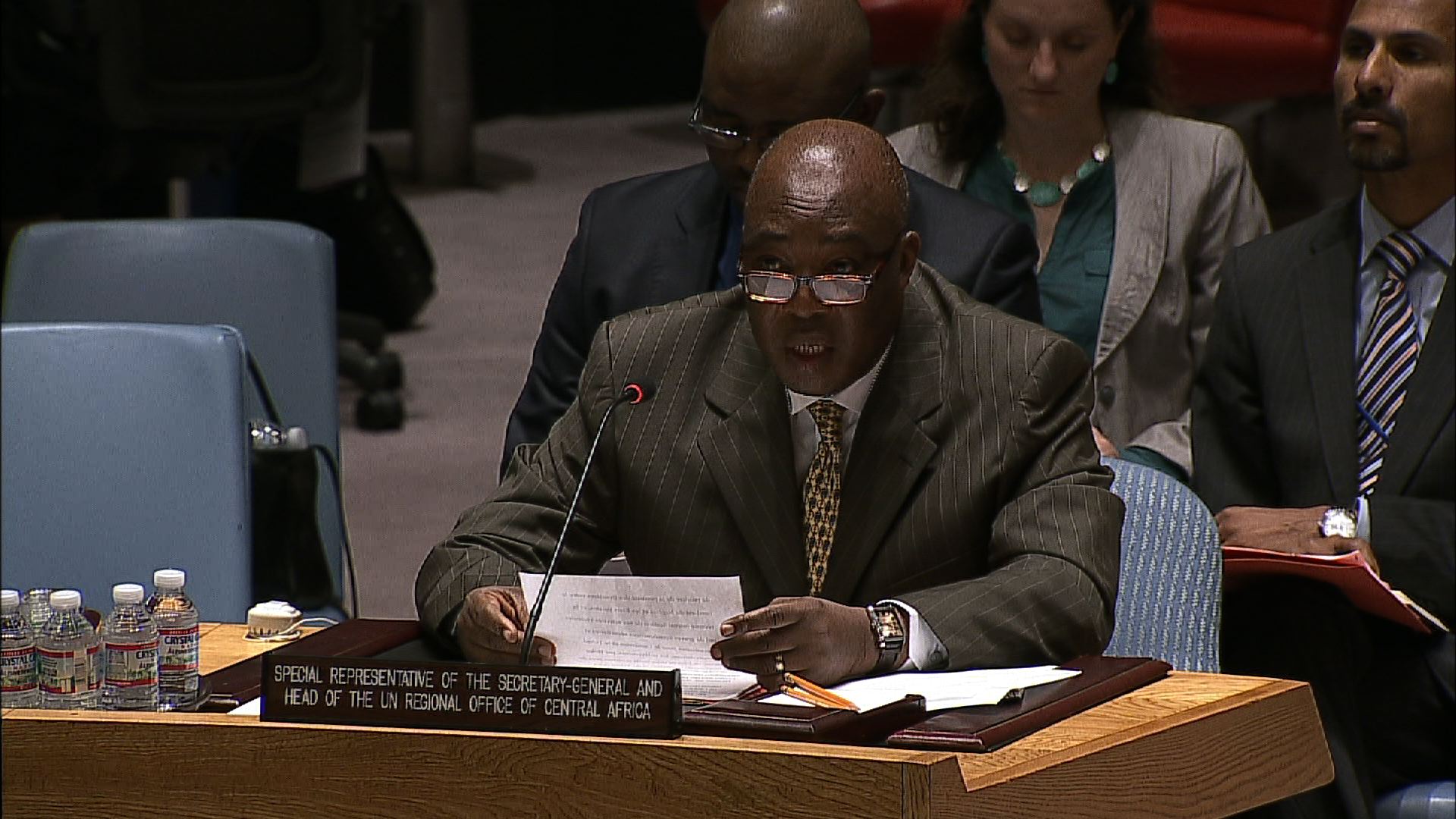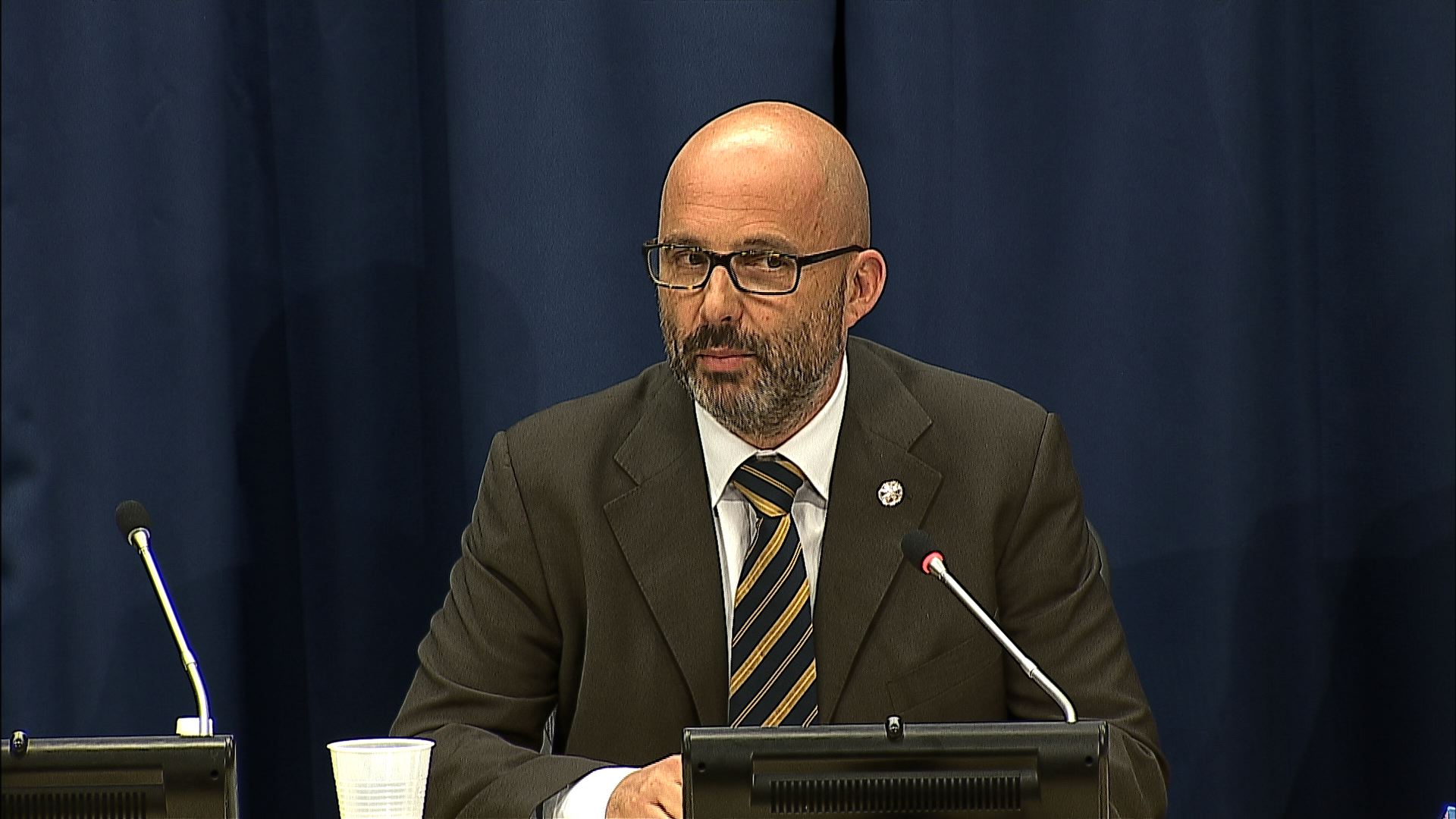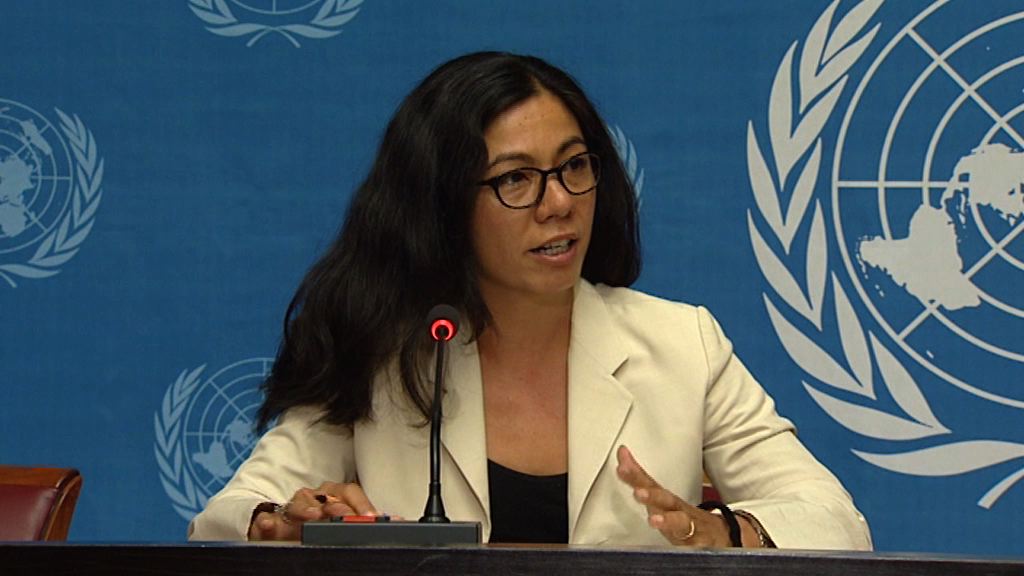FAO / LAKE CHAD APPEAL
Download
There is no media available to download.
Share
STORY: FAO / LAKE CHAD APPEAL
TRT: 2:26
SOURCE: FAO /FILE
RESTRICTIONS: NONE
LANGUAGE: ENGLISH /NATS
DATELINE: 11 APRIL 2017, ROME ITALY /FILE
11 APRIL 2017, ROME, ITALY
1. Wide shot, presser
2. Med shot, reporter asking question
3. SOUNDBITE (English) José Graziano da Silva, Director-General, FAO:
“This is not only a humanitarian crisis, it is also an ecological crisis that can affect the livelihood of these people for the future, we need to take action, a more comprehensive view of these…not only to address the humanitarian crisis. We all agree that when someone is in hunger, we need to give them food, there is no doubt about it, I am not questioning that. I only say that that’s not enough. If we only follow an emergency approach, we will not solve the problem first, we will not tackle the root that are behind these conflicts.”
4. Cutaway, presser
5. SOUNDBITE (English) José Graziano da Silva, Director-General, FAO:
“We need the combination of food assistance and food production support, this is the only way we are foreseeing that can avoid the situation to complicate more and more. What it is happening now is after 3 years of severe drought, we will start a new season – planting season- in May, so if we don’t get the kits of seeds, fertilizers, some animals to replenish the help of these people, we will not solve any problems.”
FILE - 7 APRIL 2017, NEAR MAIDUGURI, NIGERIA
6. Various shots, people working in a farm
7. Various shots, da Silva with farmers
The Director-General of the United Nations Food and Agriculture Organization (FAO) called for an urgent support - a combination of immediate food assistance and food production support in addressing the hunger crisis in the strife-torn Lake Chad Basin.
Briefing reporters in Rome today (11 Apr) on his visit last week to some of the worst affected areas in Chad and northeastern Nigeria, FAO Director-General José Graziano da Silva said the crisis afflicting the region is rooted in decades of neglect, lack of rural development and the impact of climate change.
Da Silva said “This is not only a humanitarian crisis, but it is also an ecological one.”
Some 7 million people risk suffering from severe hunger in the Lake Chad Basin which incorporates parts of Cameroon, Chad, Niger and northeastern Nigeria. In the latter, some 50,000 people are on the brink of famine.
While fighting and violence have caused much of the suffering, the impact of environmental degradation and climate change including repeated droughts, are exacerbating the situation, the FAO Director-General said.
Graziano da Silva reiterated the call he made last week during his visit to Maiduguri, northeastern Nigeria: if farmers miss the coming May/June planting season, they will see no substantial harvests until 2018. Failure to restore food production now will lead to the worsening of widespread and severe hunger and prolonged dependency on external assistance further into the future.
However, there is a huge shortfall in international assistance to meet the demands of the coming planting season. Of the $62 million requested under the 2017 Humanitarian Response Plan for Nigeria, FAO has only received $12.5 million.
During his visit to the region, which included the capital of Chad, N'Djamena, Grazian da Silva also publicly presented FAO's Response Strategy (2017-2019) for the Lake Chad Basin crisis.
Key activities include the distribution of cereal seeds, animal feed and the provision of cash transfers and veterinary care. This will enable displaced farmers and voluntary returnees to get a substantial harvest and replenish their food stocks, and to prevent animal losses among vulnerable herders.
